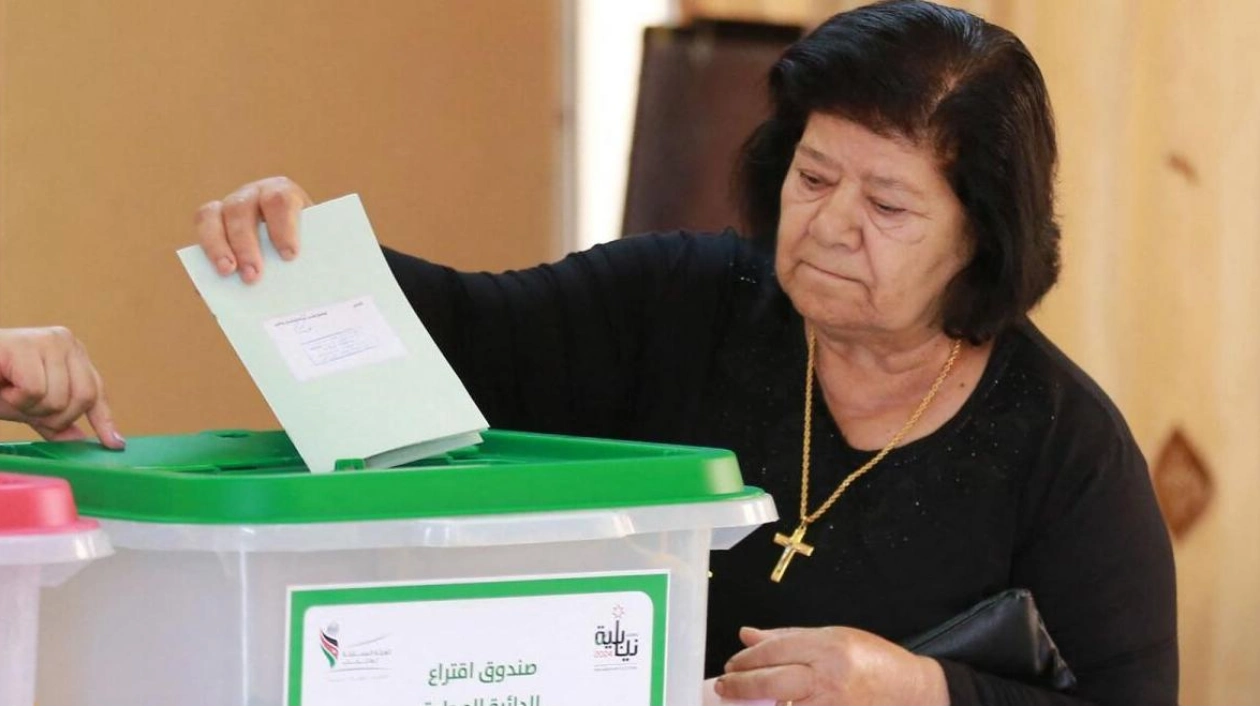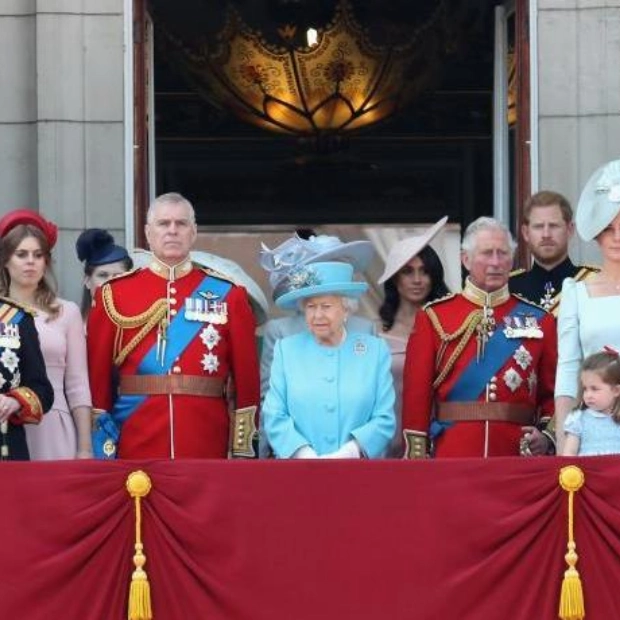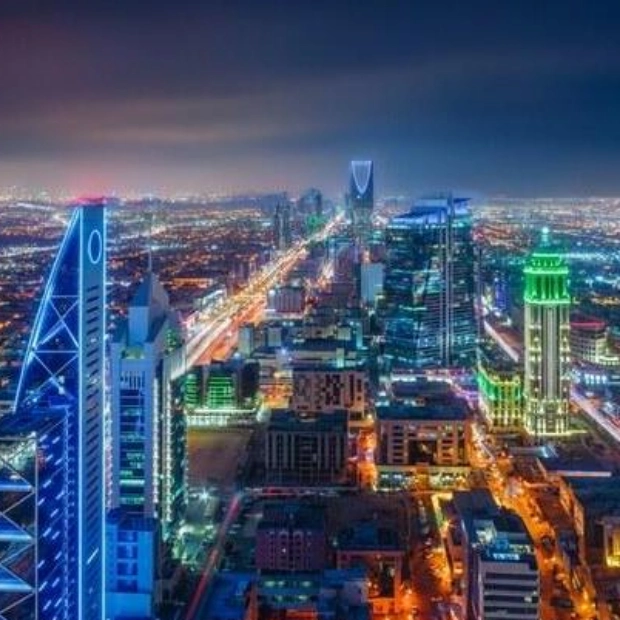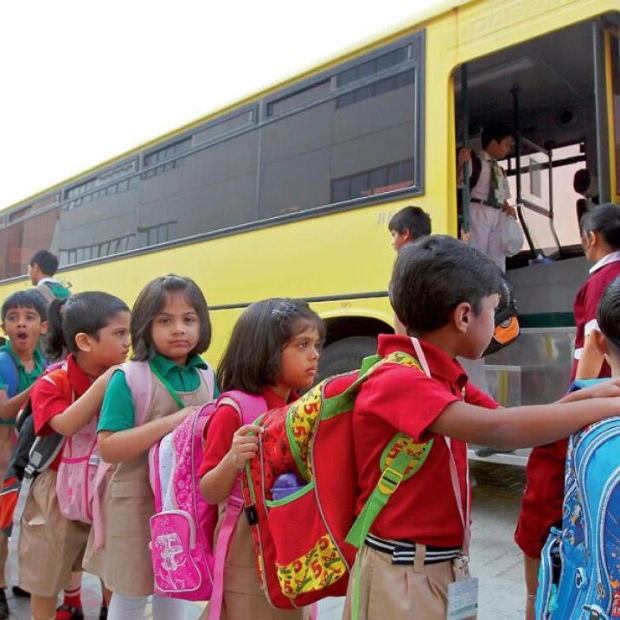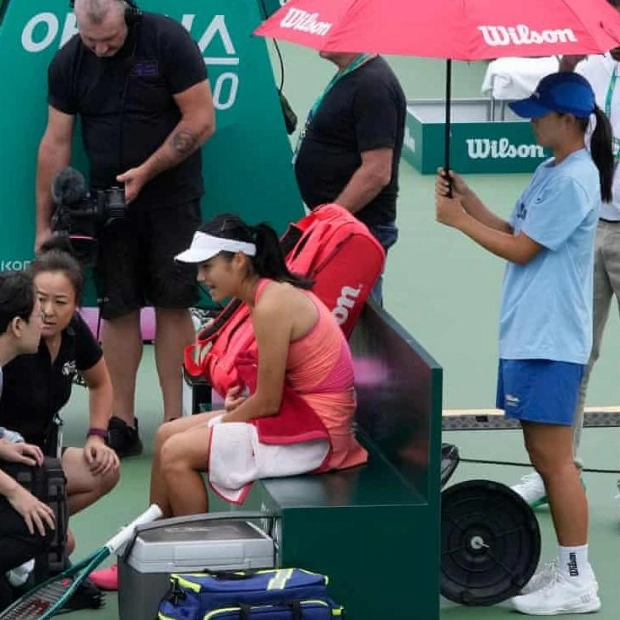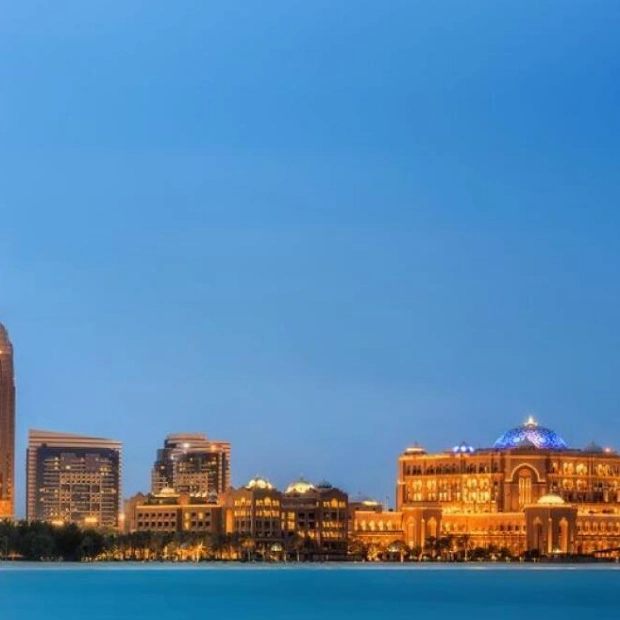Jordanians cast their votes on Tuesday in a parliamentary election overshadowed by the ongoing war in Gaza and concerns over a slump in tourism, a critical sector for the kingdom's economy. This marks the first election since a 2022 reform expanded the number of seats in the house, reserving more for women and lowering the minimum age for candidates. Despite these efforts to modernize the legislature, both voters and candidates noted that the Gaza war heavily influenced the election. After voting, Prime Minister Bisher Khasawneh expressed hope that the turnout would not be affected by "this brutal Israeli aggression." "We hope that the vote will be high and befitting this national occasion," he said.
Analysts forecasted a high abstention rate, with candidates finding it challenging to channel public anger over the devastating war triggered by Hamas's unprecedented October 7 attack on Israel. Jordan, which signed a peace treaty with Israel in 1994, has seen frequent protests calling for the treaty's cancellation since the war began. Tensions escalated further just two days before the election when a Jordanian gunman killed three Israeli guards at the border crossing between Jordan and the occupied West Bank. This incident heightened voters' concerns that the ongoing war would continue to strain the kingdom's economy until Israel and Palestinian militants Hamas reach a ceasefire.
The situation, according to 21-year-old engineering student Fayez al-Disi, is "going from bad to worse in terms of job opportunities, and the salaries are low with long working hours." Jordan has experienced a decline in tourism since the war began, a sector that contributes about 14 percent of its gross domestic product. Adding to the country's economic woes, public debt has neared $50 billion, and unemployment hit 21 percent in the first quarter of this year. Candidates in the election include tribal leaders, centrists, leftists, and Islamists from the country's largest opposition group, the Muslim Brotherhood-affiliated Islamic Action Front (IAF). Results were expected within 48 hours of the polls closing at 7:00 pm (1600 GMT).
In a bustling market in central Amman, where campaign posters were prominently displayed, opinions on the vote varied. "People are busy with many things, the Gaza war and the bad economic situation," said shopkeeper Mohammed Jaber. "They do not know what the parties will be able to achieve." According to the election commission, more than 5.1 million people are registered to vote in the country of 11.5 million. Omar Mohammed, a 43-year-old civil servant, expressed his feelings of pain, helplessness, and degradation due to the daily broadcasts of the Gaza conflict, making him question whether he would vote in these elections.
Islamist candidates have attempted to leverage public anger. "The Gaza war and the Palestinian cause occupy a major place in Jordanian elections, as all eyes and minds are on Gaza and Palestine and the massacres taking place there against the Palestinian people," said IAF candidate Saleh Armouti. Oraib Rantawi, head of the Amman-based Al Quds Center for Political Studies, agreed that turnout was likely to be affected but predicted only modest gains for the Islamists.
